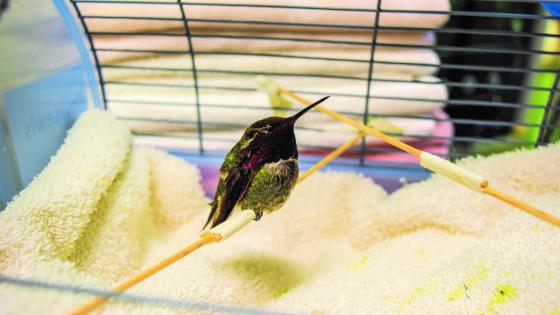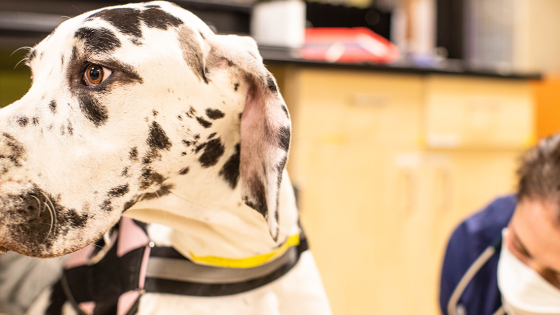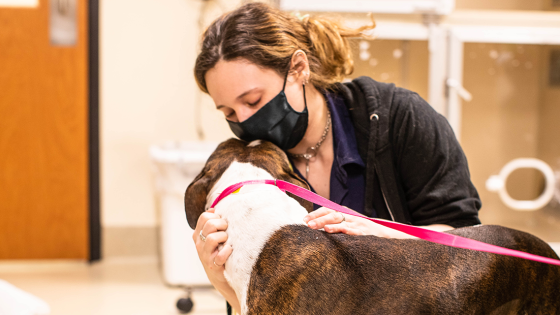Pet Health Blog
Woody, a lively 6-year-old dog with endless energy and love for life, almost didn’t make it. What began as small, almost unnoticeable changes turned into a serious, life-threatening condition.
What Should You Do if You Find a Wild Animal?
As we approach the warmer summer months, DoveLewis sees an increase in wildlife cases. Thanks to our donor-funded Stray Animal & Wildlife Program, we are able to cover the cost of providing emergency care for thousands of wildlife each year.
How Do I Pick a Dermatologist or Otologist for My Pet?
PLEASE NOTE: As of June 30th, 2023, our dermatology service will close. We are very sad to be losing Dr. Zabel’s talents within our hospital but are grateful that she is staying in the Portland Metro area.
What is an Animal Dermatologist?
PLEASE NOTE: As of June 30th, 2023, our dermatology service has closed. We are very sad to be losing Dr. Zabel’s talents within our hospital but are grateful that she is staying in the Portland Metro area.
Signs of Seasonal Pet Allergies
Did you know dogs and cats can be susceptible to seasonal allergies just like humans? It’s commonly called “atopy,” mainly caused by airborne environmental allergens like pollen, mold, and dander.
Dealing with Pet Obesity
While some think chubby pets are cute, overweight pets are in danger of obesity-related health problems that can lead to chronic diseases or even emergency situations.
Protect Your Pets From the Hazards of Wildfire Smoke
Poor air quality affects pets just as it does humans. While many parts of Oregon experience poor air quality due to wildfires, keep your pet’s health in mind with these tips from DoveLewis doctors.






